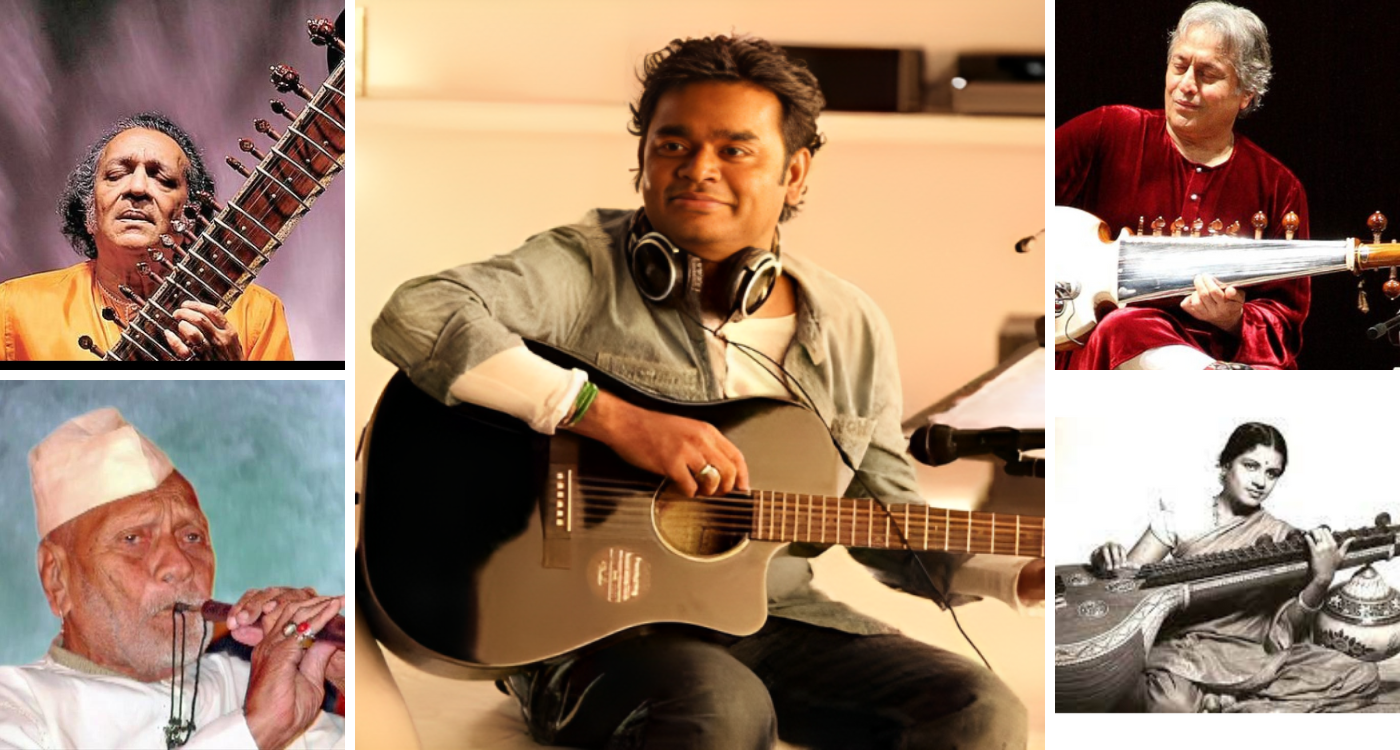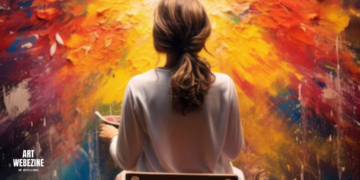The Indian music scene has produced legendary musicians who have ventured into the profound relationship between music and spirituality. These artists have seamlessly woven melodies and rhythms with the spiritual essence, creating an enchanting experience for their listeners. In this blog post, we will explore the lives and works of some famous Indian musicians who have delved into this mystical connection, leaving an indelible mark on the world of music. Join us as we delve into the spiritual journeys of these extraordinary musicians. we will explore the notable Indian musicians who have delved into the profound connection between music and spirituality, creating melodies that transcend the ordinary and touch the depths of the soul.
What is the connection between music and spirituality?
The connection between music and spirituality is a complex and multifaceted one that has been explored by cultures around the world for centuries. Music can be used to evoke a wide range of emotions, from joy and love to sadness and anger. It can also be used to create a sense of community and belonging, and to connect people with something larger than themselves.
For many people, music is a way to connect with their spiritual side. It can be used to express feelings of awe, wonder, and gratitude. It can also be used to create a sense of peace and tranquility. In some religious traditions, music is an integral part of worship and spiritual practice.
There are a number of ways that music can be used to connect with spirituality. For example, people may listen to music that is specifically intended to be spiritual or devotional. They may also sing or play music themselves, or participate in group music-making activities. Additionally, people may find spiritual meaning in the lyrics of songs, or in the melodies and rhythms of music.
The Famous Indian Musicians:
Ustad Bismillah Khan: The Shehnai Master
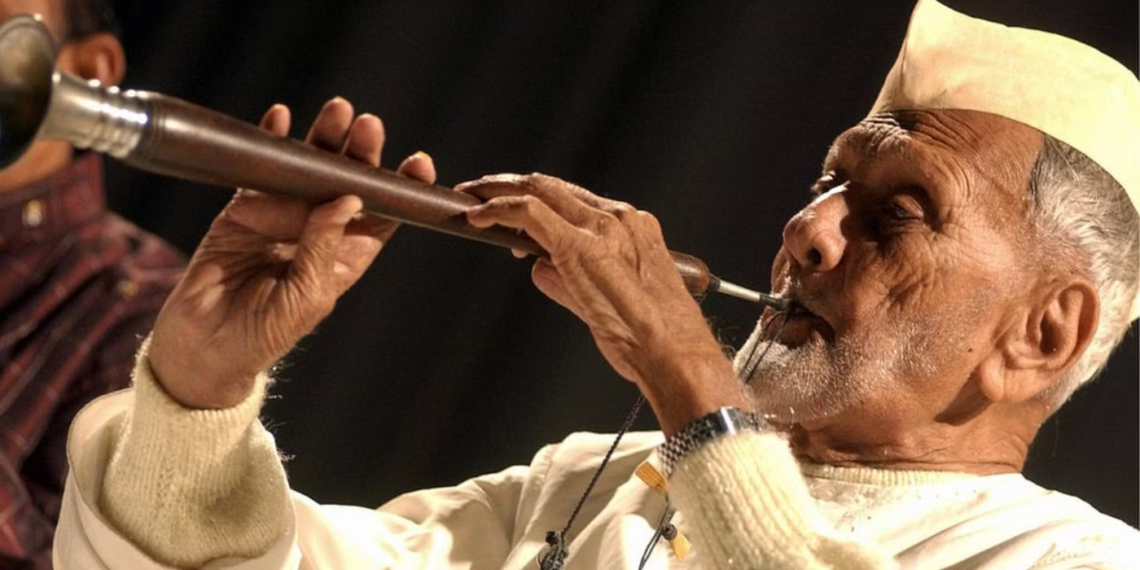
Ustad Bismillah Khan was a popular Indian musician who played Shehnai. His birthplace was Dumraon, Bihar, and he passed away in Varanasi, Uttar Pradesh. He was one of the most famous national and international Shehnai masters. He learned to play the shehnai from his forefathers, including his father, who was also a shehnai player. For perfection, he played Shehnai for hours. He was the one who made shehani a classical instrument from a North Indian Traditional Instrument used in weddings.
Bismillah Khan, the legendary Indian classical musician, was not only a master of the shehnai but also a recipient of numerous prestigious awards and recognition. In addition to being honored with the Padma Shri in 1961, he was bestowed with the Padma Vibhushan in 1980, highlighting his immense contribution to the field of music. Finally, in 2001, Bismillah Khan was awarded the highest civilian honor of India, the Bharat Rat
Ravi Shankar: The Sitar Legend
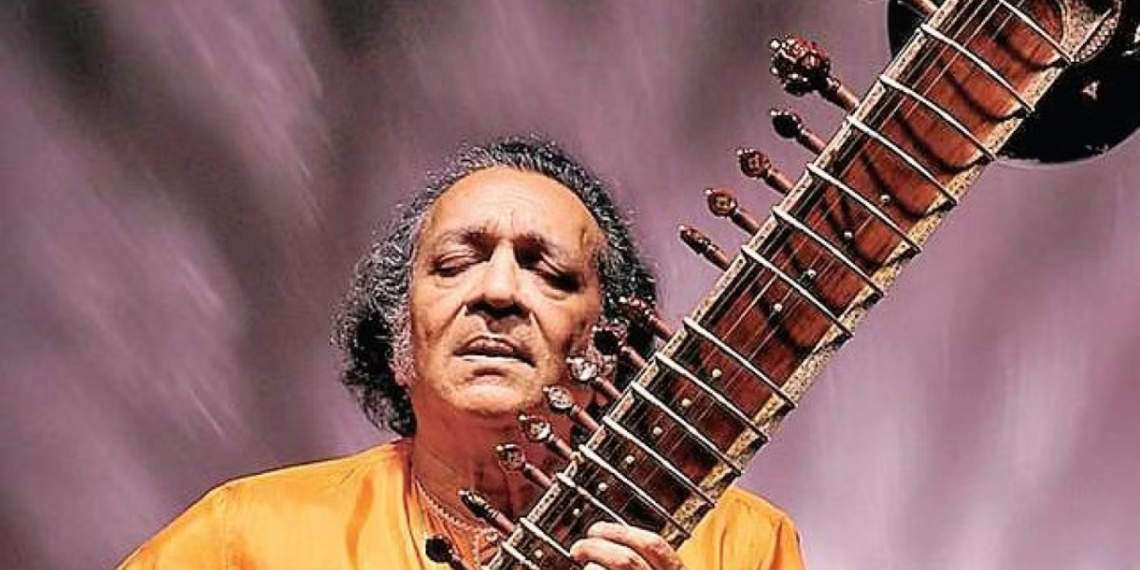
Pandit Ravi Shankar, the sitar virtuoso, was not only a pioneer of Indian classical music but also a global icon. His collaborations with renowned artists like George Harrison of The Beatles helped introduce Indian classical music to a Western audience. His innovative compositions and extraordinary performances earned him numerous accolades, including multiple Grammy Awards.
He was the 2002 Grammy Award winner for Best World Music Album. The Living Room Sessions Pt. 1 won the 2013 Grammy Award for Best World Music Album. at the 55th Grammy Awards, received the Lifetime Achievement Award.
Zakir Hussain: The Tabla Master
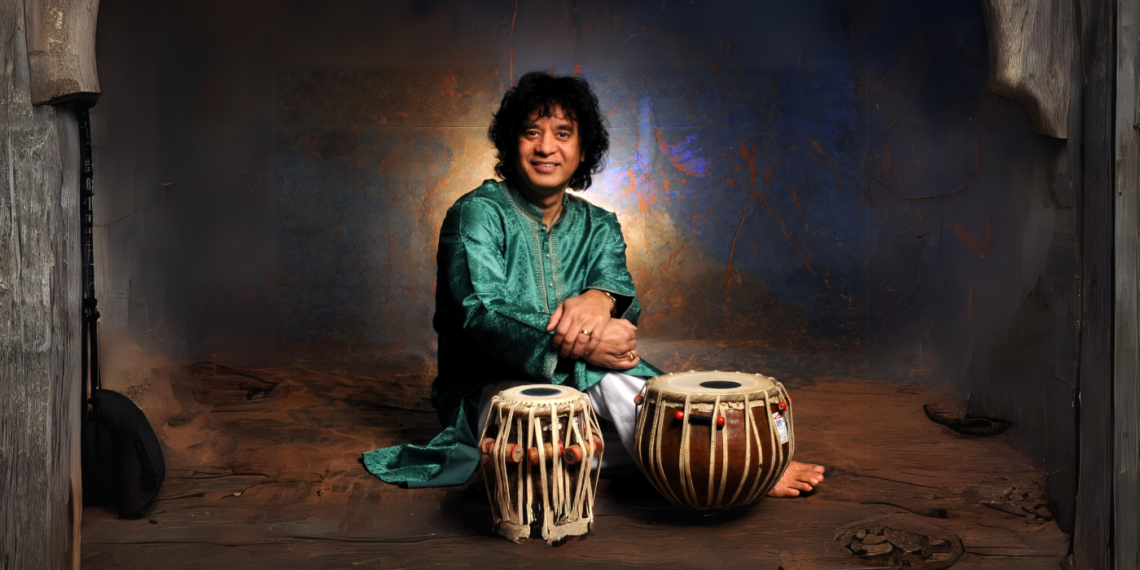
Zakir Hussain, often hailed as the world’s greatest tabla player, has mesmerized audiences with his unparalleled rhythm and virtuosity. His collaborations with artists from various genres have brought Indian percussion to the forefront of world music. As a prolific composer and performer, he has received innumerable awards, including the Padma Bhushan and the Grammy Award for Best World Music Album.
The Indian government honored him with the Padma Shri in 1988, the Padma Bhushan in 2002, and the Padma Vibhushan in 2023. Additionally, he received the Ratna Sadsya in 2018, the Fellowship of the Sangeet Natak Akademi, and the Sangeet Natak Akademi Award from the Government of India in 1990. He is the founder of Bill Laswell’s world music supergroup Tabla Beat Science. In the International Jazz Day 2016 All-Star Global Concert at the White House. Hussain was amongst many musicians invited by President Obama
A. R. Rahman: The Musical Master of Modern India
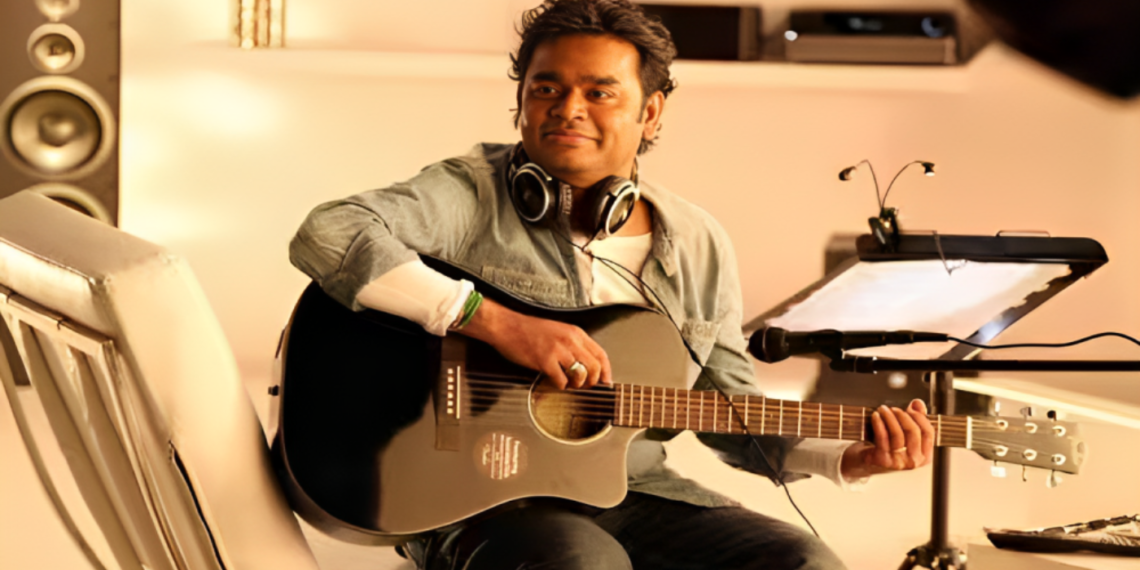
R. Rahman, a modern musical sensation, has redefined the contemporary Indian music landscape. His fusion of Indian classical and global musical elements has made him an international sensation. With an Academy Award and two Grammy Awards to his name, he is known for his innovation in film scoring and music production.
Along with a Golden Globe and an Academy Award for Best Score, he won a British Academy of Film and Television Arts (BAFTA) Award for Best Music. For “Jai Ho,” a Latin-influenced dance track that accompanied the movie’s final Bollywood-style dance performance, he also received the Academy Award for Best Song. Rahman’s winning streak resumed at the 2010 Grammy Awards, where “Jai Ho” was once again recognized as the best song featured on a soundtrack and he was awarded for best soundtrack.
Hariprasad Chaurasia: The Bansuri Master
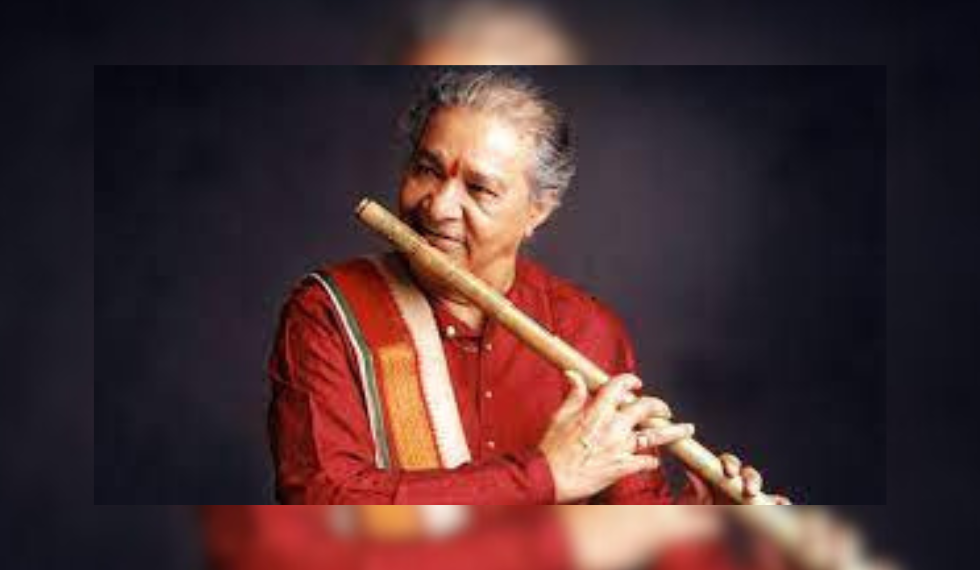
Hariprasad Chaurasia is a flute player who is considered to be one of the greatest living exponents of the instrument. He was born in Varanasi, India, in 1938, and began learning the flute at the age of seven. Chaurasia has performed and recorded with a wide range of musicians, including Ravi Shankar, John McLaughlin, and Yehudi Menuhin. He is also a composer and producer.
Hariprasad Chaurasia is an Indian classical flutist who plays the bansuri. He has won many awards, including the Padma Vibhushan, the second-highest civilian award in India, and the Sangeet Natak Akademi Award, one of the highest honors in the field of performing arts. Chaurasia’s mesmerizing flute playing has not only earned him tributes but also made him a globally renowned musician, captivating audiences worldwide with his soulful renditions.
M. S. Subbulakshmi: The Queen of Classic Music
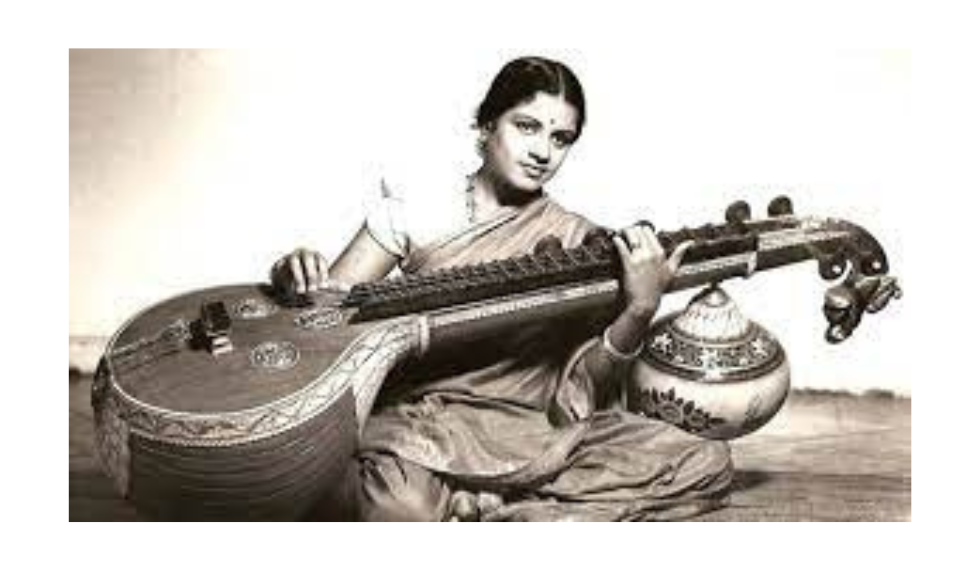
S. Subbulakshmi, known as the “Nightingale of India,” was a Carnatic music legend. She was born in Madurai, India, in 1916, and began learning music at the age of four. Subbulakshmi became a world-renowned musician, and she was awarded the Bharat Ratna in 1998. Her mesmerizing vocal prowess and dedication to her art made her an iconic figure in the world of Indian classical music. She was the first musician to be awarded the Bharat Ratna, India’s highest civilian honor.
She was also the first Indian musician to receive the Ramon Magsaysay Award, which is also known as Asia’s Nobel Prize. Subbulakshmi received many other awards, including the Bharat Ratna, India’s highest civilian award, in recognition of her contributions to music, and the Padma Bhushan, one of the country’s highest civilian honors. These tributes further solidified her status as one of India’s most celebrated and revered musicians. Many other awards have been presented to her, including the Kalidas Samman in 1988, the Indira Gandhi Award for National Integration in 1990, the Sangeet Natak Akademi Award in 1956, and the Sangeetha Kalanidhi in 1968.
Amjad Ali Khan: The Sarod Master
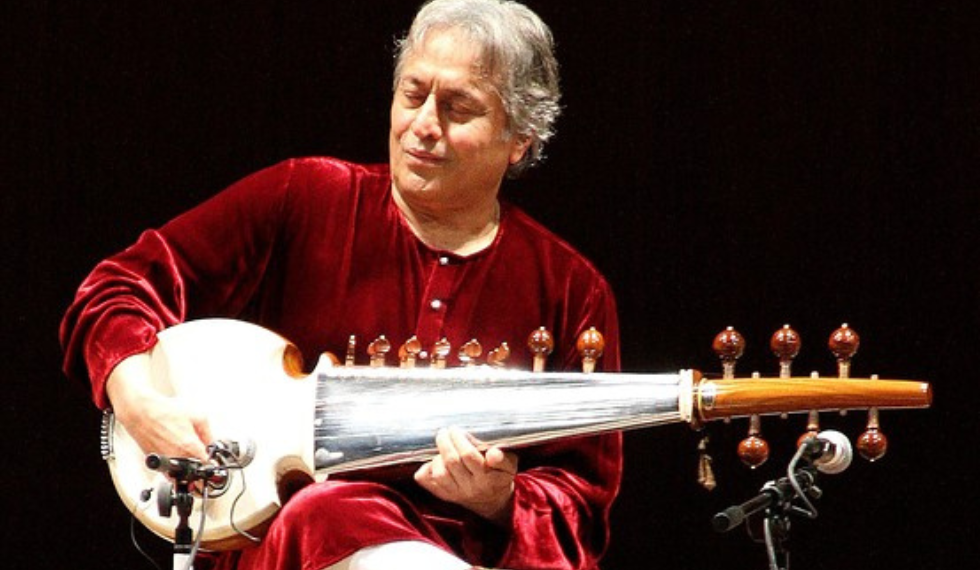
Sarod virtuoso Ustad Amjad Ali Khan is renowned for his mastery of this stringed instrument. His influential performances and collaborations have played a pivotal role in preserving and promoting Indian classical music on the global stage.
Indian sarod master Ustad Amjad Ali Khan plays the instrument. The “Sarod Samrat” is the name given to him. His birthday is October 9, 1945. He is his family’s sixth generation to play the sarod. Up until 1947, Haafiz Ali Khan, his father, worked as a court musician in Gwalior. At the age of six, Khan performed for the first time.
His “ekhara taans” are renowned for being swift and clear. In 2001, he received the Padma Vibhushan, the second-highest civilian decoration in India. Khan’s musical history combines the sarod playing of his ancestors with the instrumental music legacy of Tansen and his students.
Anoushka Shankar: The Sitar Legend
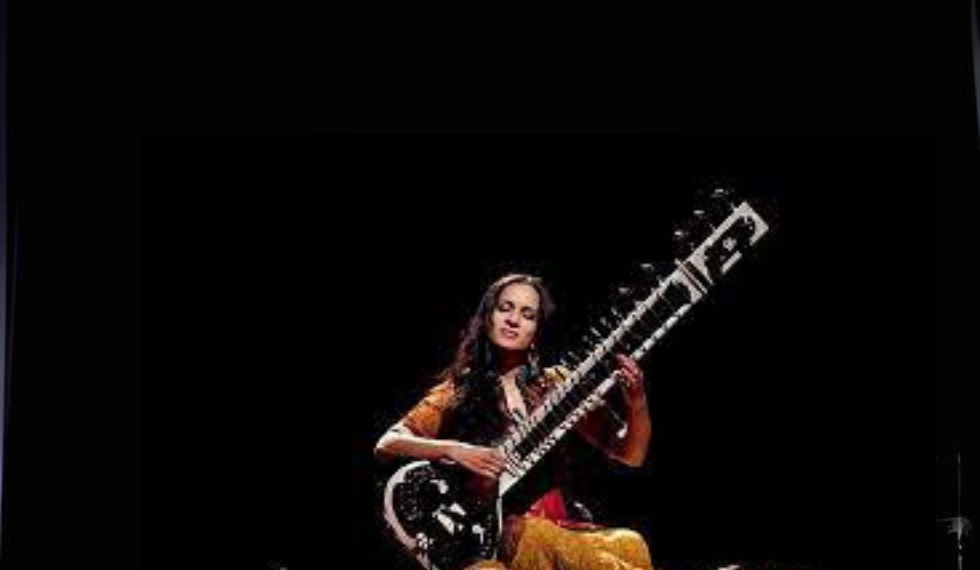
Anoushka Shankar is the daughter of Ravi Shankar and a sitar player who created her own niche in the world of music. She was born in London, England, and started learning sitar at the age of four. She performed with great musicians including her father Philip Glass, and Sting. She is also a composer and producer, and she has won numerous awards, including a Grammy Award.
In 2021 she was nominated for a seventh Grammy in the Best World Music Category for her album “Love Letters”.She shared an Ivor Novello Award nomination in 2021 for the score of A Suitable Boy. In 2023, she was appointed as the University of Oxford’s Faculty of Music’s first-ever Visiting Professor of Music Business.
Indian Ocean
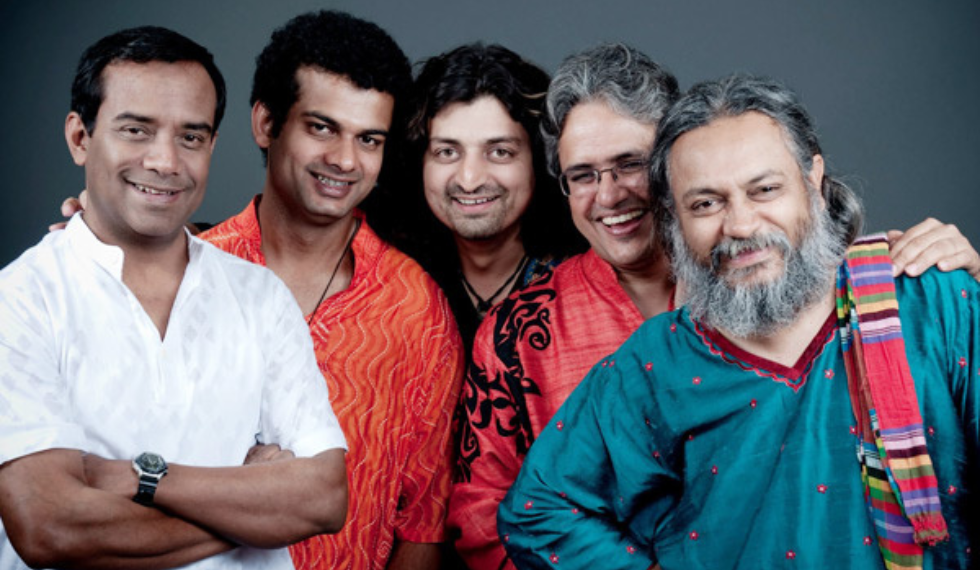
The Indian Ocean band, a trailblazing force in the Indian music scene, has redefined the boundaries of music. With their fusion of rock, Indian classical, and folk music, they have created a genre of their own. Their unique sound and thought-provoking lyrics have earned them a dedicated fan base.
Indian Ocean is a rock group from India that was founded in 1990 in New Delhi. In India, they are regarded as the forerunners of the fusion rock subgenre.Susmit Sen, Asheem Chakravarty, Rahul Ram, and Amit Kilam make up the band. The music of the Indian Ocean has been dubbed “Indo-rock fusion with jazz-spiced rhythms that integrate shlokas, sufism, environmentalism, mythology, and revolution. Tandanu, Indian Ocean’s album, was released in 2014. On May 5, 2023, they issued the six-track album Tu hai.
Raghu Dixit
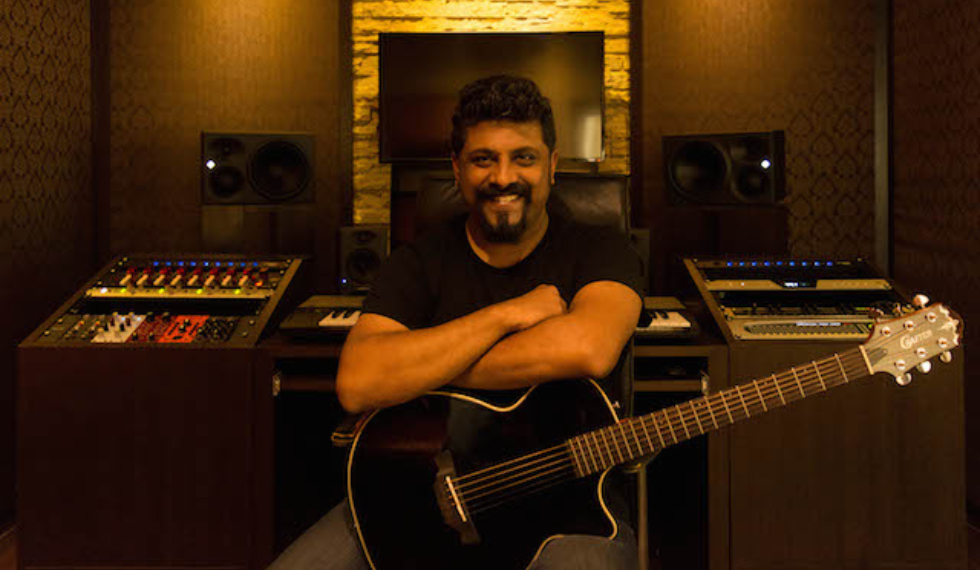
Raghu Dixit, known for his contemporary folk music, has revitalized traditional Indian folk tunes. His band, Raghu Dixit Project, infuses high energy and a modern twist into age-old folk melodies, making them accessible to a younger audience. He is an Indian singer-composer, producer, and film score composer, is the frontman of the Raghu Dixit Project, a multilingual folk music band. The band presents ancient Kannada poetry with a contemporary, global sound, wearing colorful lungis and expanding their sound with various collaborators.
His hits include “Mysore se aayi,” “Jag Changa,” “Antaragni,” “Hey Bhagwan,” “Har Saans Mein,” “Gudugudiya,” as well as “Khidki.” Dixit has composed music for theater and modern dance companies, notably the Nritarutya Indian contemporary dance company, whose artistic director is his wife, Mayuri Upadhya.
He has composed music for various films and has produced music for contemporary dance and theatre productions, including Nritarutya. He has received numerous awards for his work. He won several awards, including “Best Newcomer” at the 2011 Songlines Music Awards, Favorite Singer at the 2008 SFM Kalaa Awards, Best Alternative Act at the UK Asian Music Awards, and Best Live Performer at GIMA Music Awards 2014.
In conclusion, the famous Indian musicians have explored deep into the profound connection between music and spirituality. Through their exceptional talent and devotion, they have transcended the boundaries of mere entertainment to create a spiritual experience through their music. Their melodies and rhythms have the power to uplift the soul, evoke emotions, and bring inner peace. These musicians have truly tapped into the divine essence of music, leaving an indelible mark on both the musical and spiritual realms.
As we continue to explore the rich heritage of Indian music, we can embrace the transformative power of music as a pathway to spiritual enlightenment. These musicians have left an forever mark on the world of music, creating melodies that transcend the ordinary and touch the depths of the soul.

